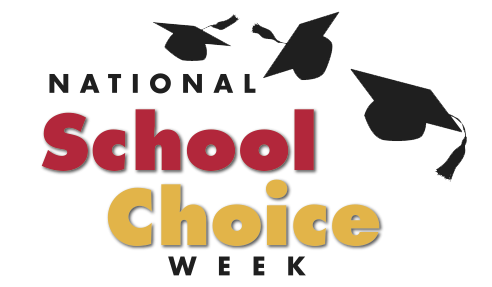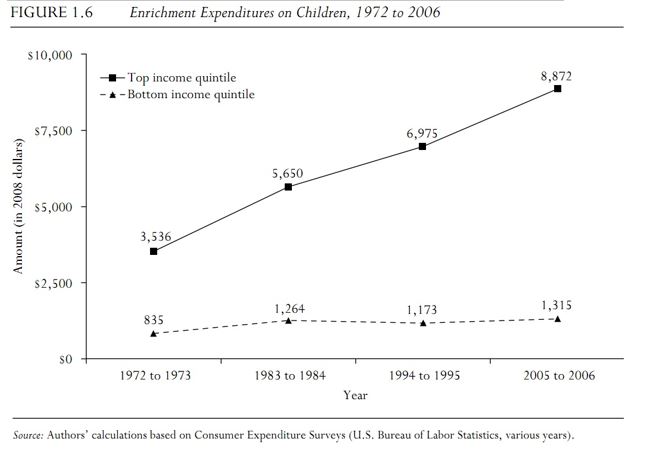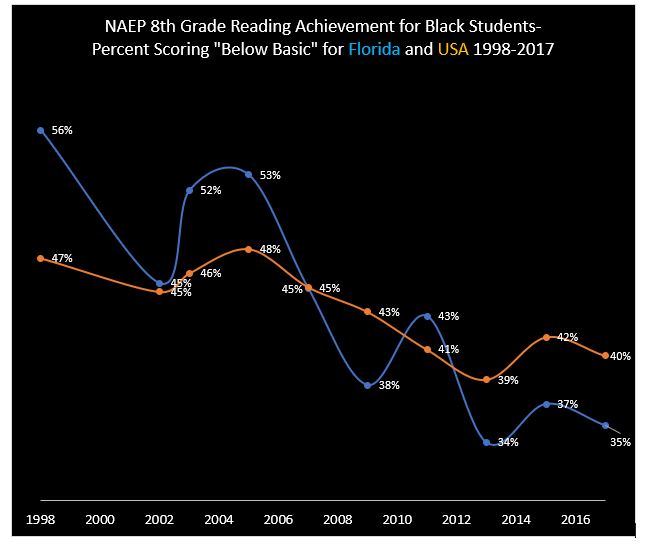 When The Fellowship of the Ring was released in 2001, I was in the subset of viewers who had not read J.R.R. Tolkien’s books. Yes, right, I know: Nerd demerit! It proved beneficial as a movie-going experience, as it shocked me: Wait, what? Sarumon is a bad guy??
When The Fellowship of the Ring was released in 2001, I was in the subset of viewers who had not read J.R.R. Tolkien’s books. Yes, right, I know: Nerd demerit! It proved beneficial as a movie-going experience, as it shocked me: Wait, what? Sarumon is a bad guy??
The Gandalf vs. Saruman fight scene comes to mind when I see choice supporters who say they “support choice,” but only a particular type of choice. David Osborne’s piece in The 74 is a recent example of this genre. Osborne obviously is a sincere gentleman, but the scale of our challenges lies far beyond the ability of charter schools alone to address.
In the scene from the movie, Gandalf has gone to consult with a superior about how dire things are, only to have someone he thought was an ally inform him, “The hour is later than you think.” Come with me, dear reader, and I’ll do my best to convince you that the hour is later than we – or Osborne – thinks.
School Choice Week is an opportune time to reflect upon the enormity of our education challenges. Scholars who study educational enrichment spending, which can span Kumon/Mathnasium to club sports and drama, have produced charts like the one below. It’s well worth staring at for a good long while so it will haunt your dreams as you think through the implications.
Wealthy parents not only are sending their kids to better funded schools in the leafy suburbs; it’s not just the fact that teachers have very little control over their pay under unionized “get old and get paid” scales, causing the more effective ones to gravitate to the suburbs for easier working conditions. On top of this, those same upper-income parents are supplementing the education of their children out of their own pocket – and have been doing more and more of this for decades. Moreover, all of this is seen as so utterly and unremarkably normal that we rarely even discuss it.
In his piece, Osborne says he opposes universal education savings accounts because he fears that wealthy parents will top up the funding. I agree this is an issue to discuss, but the answer is not to doggedly stick to charter schools because we imagine them to be more equitable. Following Osborne’s logic would require one to oppose the funding of a public-school system, as the scenario he fears happening with education savings accounts has in fact been ongoing for decades in the public schools. Parents can and do supplement charter school education as well.
When we view the status quo through the lens of equity, what we see is that not only do the suburban schools get more funding; not only do wealthy parents supplement their own children to a far greater degree than poor parents; not only do their schools have an associated advantage in attracting human capital. In addition, the funds provided for the education of low-income children tend to be spent ineffectively in urban school systems.
Against all this, Osborne wants to bring charter schools to bear. I want to bring charter schools as well, but limiting ourselves to charter schools would be like the U.S. Army storming the beaches at Normandy equipped only with sling shots in the face of Nazi rifles, machine guns and artillery.
Florida policymakers have accomplished a great deal related to choice, and the vast majority of what they’ve done is universally available. No one has ever had to fill out a Free Application for Federal Student Aid (FAFSA) form to forensically reveal their family income to attend a district school, a charter school or a magnet school or to enroll in Florida Virtual School. For that matter, no one ever has been denied access to a Florida college or university because his or her parents paid too much in taxes. All Floridians pay their taxes, all Floridians access publicly funded schooling options.
What, then, is to be done? We should recognize from the outset the limits of policy and aim to judge next moves not only against ideals but also against the status quo. Equity issues are very important, but let’s remember that it took everything in the second graphic above in addition to a lot of controversial non-choice related reforms and 20 years to get this in Florida:
The above chart tracks the percentage of Black eighth-graders in the United States and Florida scoring “Below Basic” in reading. In 1998, this stood as a shockingly horrifying 47 percent nationally and a stunningly shameful, far beyond sickening 56 percent in Florida. There is a lot of work to be done both nationally and in Florida, but the drop was twice as large in Florida as nationally. It isn’t nearly enough, but Floridians should be encouraged by their success thus far to take still bolder steps. Anyone willing to look the 35 percent of Florida’s Black eight-grade students in the eye to ask them to patiently wait for a charter school to open should reacquaint themselves with A Letter from a Birmingham Jail in my humble opinion.
An education savings account program open to all with a significant financial weighting represents the best choice intervention for the disadvantaged. Osborne is correct in stating that high income families would supplement such a system, but they already supplement everything else, and most everything else gives their schools more money to boot.
An ESA system can give the most to the children who start with the least through weighting. Crucially, it also would give low-income parents the opportunity to make effective use of their funds and would strongly incentivize the most productive use of incumbent resources. The education system would shift to being centered around families with service providers competing to best suit their needs, with poor families possessing more rather than less in the way of public dollars.
There’s a huge amount of inequality today, but there also is some good, and it is worth fighting for. Reaching a consensus on these issues won’t be easy. During the ratification debates for the United States Constitution, perhaps the most rollicking and momentous dialectic in human history, James Madison summed up an argument conceding the radical nature of his enterprise by writing, “Upon this you must deliberate and decide.” Just so with you, Florida. Address equity issues in the most robust fashion possible and expand opportunity to maximum extent. These things need not be in conflict. Students poorly served today have nothing to lose but their chains, and a world of opportunity to gain.




